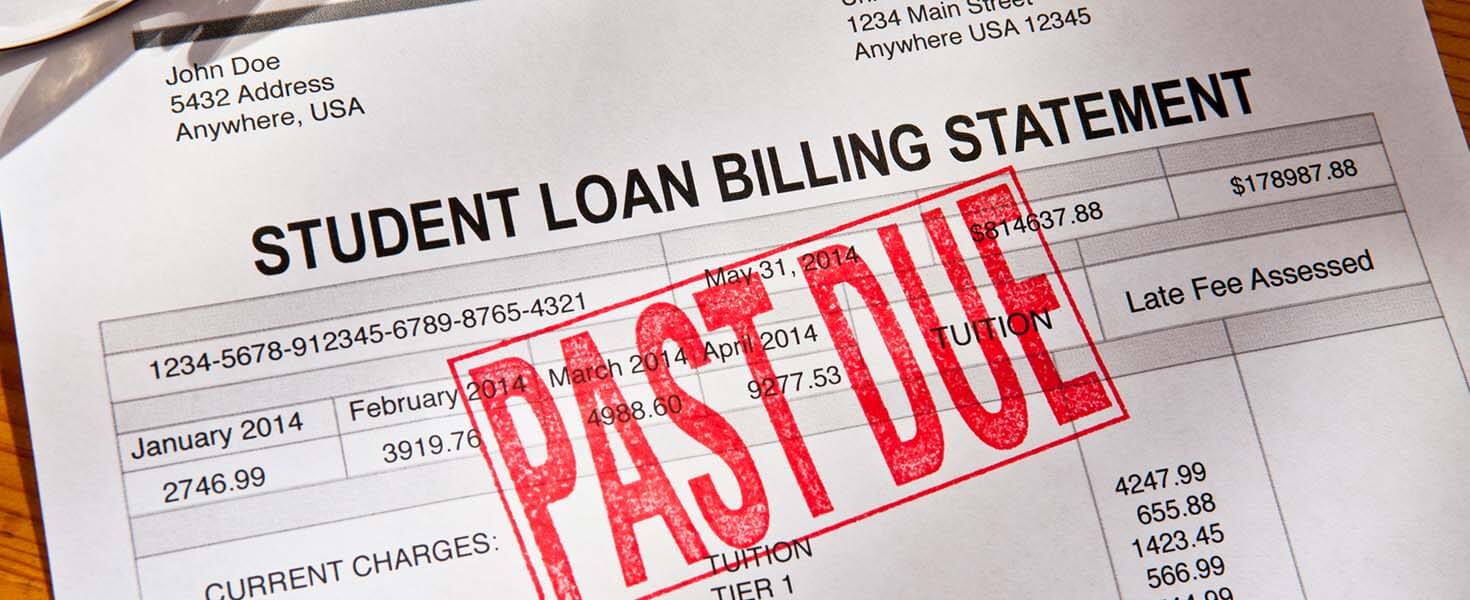The last few months have reminded us all how quickly life can change, randomly and without much warning. If your household budget has already been impacted, or if you think you’ll soon experience a financial setback, a non-profit credit counseling agency can make all the difference.
The most important thing you can do right now is to create an accurate budget. It’s almost impossible to decide on an effective strategy if you don’t have all the facts. Here’s what you need to do, now.
1. Complete the budget sheets as accurately as you can. List all existing sources of income that will be used to satisfy your obligations.
2. List all current monthly expenses. If your income has already been reduced, it’s okay to estimate some of these, such as clothing or hygiene products. If you have the time, we suggest tracking expenses over a period of months to make sure your budget is as accurate as possible.
3. Prioritize your expenses. Food, shelter, transportation, medical expenses, utilities, etc., need to be paid according to your priorities. (Please see the following note.)
If your situation is dire, you should first consult the list of relief actions taken by your state, as a variety of bills have been enacted or are being considered by state legislatures and/or the federal government. Actions taken in the areas listed below may cause you to temporarily re-order your priorities, including:
- payment forbearances
- utility shut-off restrictions
- federal and state unemployment extensions
- federal student loan payment holidays
- foreclosure and eviction protections
- tax filing extensions
These external websites are good resources for tracking state-specific information:
- The website of the National Governors Association: Click Here
- The website of the National Conference of State Legislatures: Click Here
4. Adopt a flexible mindset. In a crisis, all non-essential expenses are on the table, at least temporarily. Go back to your budget and make reductions wherever possible. Does this allow you to meet your monthly expenses?
5. Make a list of assets that can be liquidated or sold to raise money. Selling off assets can help you buy time, but there is often no telling how much time you’ll actually need, and you can only sell an asset once. Think twice before selling assets.
6. Contact a non-profit credit counseling agency for assistance. Credit cards, especially those with high interest rates, are their specialty. Most major creditors offer relief options and benefit programs through non-profit agencies that can result in significant savings for you. Accounts on a debt management plan are closed, but interest rates on those accounts are typically reduced from an average of 26% down to just 7% or less, depending on the creditors involved. The savings gained through those lower rates can give your budget some breathing room.
7. If you discover that your debt management plan payments are too high, an Extended Modification Solution might still be an option. The payments can be significantly lower than a DMP. This is a new remedy offered by several non-profit agencies, but it’s already working.
Finally, don’t panic. Despite their good intentions, financially challenged consumers can still make bad choices. It happens all the time. Before committing to any strategy, talk to a non-profit counselor. They can help you create a plan that works for your situation, especially when your finances are threatened by circumstances beyond your control.
















